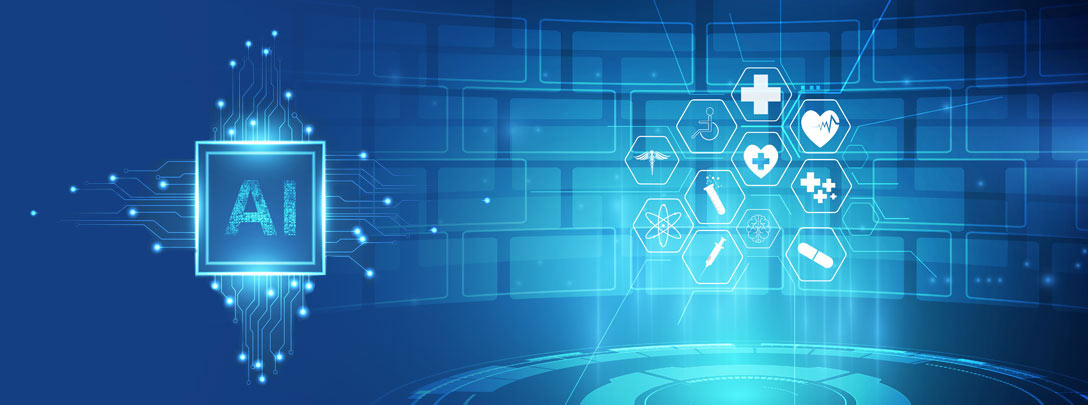Makers Lab, the research and development (R&D) arm of Tech Mahindra Ltd., has leveraged Artificial Intelligence (AI) to conduct research to find potential therapeutic drugs for the treatment of COVID-19. Tech Mahindra is also collaborating with a renowned bio-scientist for plausible therapeutic drugs and research laboratories for synthesizing and testing these compounds.
CP Gurnani, MD & CEO, Tech Mahindra, said, “Tech Mahindra is not only committed to ensure the well-being of our employees, customers and partner ecosystem, but we are also invested in finding a potential cure for COVID-19 by leveraging cutting-edge and futuristic technologies like AI.”
Makers Lab aims to promote technology, innovation and recognise transformative ideas that have a potential to make a difference and create disruptive solutions to solve real world problems. The R&D team has used the molecular docking approach because of high transmission rates of COVID-19.
The molecular docking technique enables search for therapeutically potent drugs and molecules in real time to find compounds which can act as inhibitors against a viral protein computationally. Tech Mahindra conducted molecular docking studies across 19 FDA approved ligands and anti-viral drugs on the main protease of the virus.
Nikhil Malhotra, Global Head of Makers Lab, said, “Our objective was to prevent the entry of virus into human host cells such as lung airway epithelial cells. This is important because the high transmission rate of COVID-19 is attributed partly to the high affinity binding and entry of the virus into host cells.
Once the virus cannot enter the host cell, it is harmless. Our strategy included finding a GRAS (generally recognized as safe) agent which can inhibit the virus. Use of Artificial Intelligence helped the research team to evaluate multiple scenarios with different parameters while investigating how molecules dock with the main protease.”
As part of the TechMNxt charter, Tech Mahindra’s Makers Lab is focused on developing future-ready solutions by leveraging next-gen technologies such as Artificial Intelligence (AI), machine learning, robotics, Internet of Things, Augmented Reality / Virtual Reality, 5G, etc.
You can also share your thoughts in the Comments section below!




